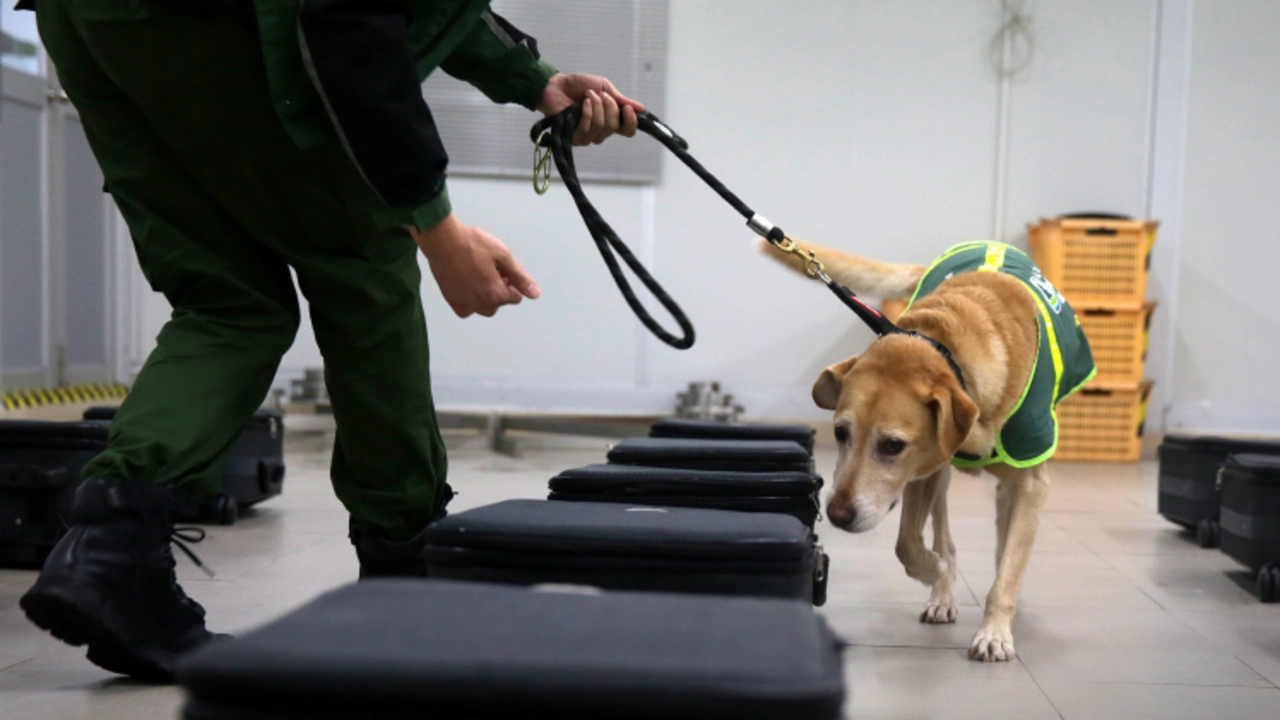Motorsport Legal Help – Your Quick Guides
Thinking about hitting the track? Before you fire up the engine, make sure you know the legal side of racing. A few simple steps can save you from fines, court dates, or insurance headaches.
Licensing and Permission
First up, check if you need a licence. Most professional events require a competition licence from the national motorsport authority. Even if you’re just doing a track day, the venue often asks for a proof of competence, like a recognized driver’s certificate.
Got the paperwork? Good. Keep a copy in your car at all times. If a marshal asks, you can show it right away and avoid a stop‑and‑search that wastes your track time.
Track Incidents and Liability
If you’re involved in an on‑track collision, the law treats it like any other traffic accident, but with a sport twist. The first thing to do is exchange contact details with the other driver and note the incident on the event’s report form.
Don’t admit fault on the spot. Stick to the facts: where you were, what you saw, and the speed you were travelling. Your insurance provider will want this information, and a clear report can keep your claim from getting tangled.
Speaking of insurance, make sure your policy covers track use. Regular car insurance often excludes motorsport activities, so you’ll need a specialised track day policy or a policy add‑on. Check the wording carefully; a missing clause can leave you paying out of pocket.
Vehicle modifications are another grey area. Adding a turbo, changing the exhaust, or fitting racing slicks can improve performance, but they may also breach road‑law regulations. If you plan to drive the car on public roads, any modification must be approved by the DVLA and reflected on your vehicle registration.
For track‑only cars, you still need to meet the event’s technical regulations. Double‑check the rulebook before you arrive. A non‑compliant car can be barred from racing, and you might lose any entry fee you paid.
Speeding offences are a common pitfall for racers who love the adrenaline. Remember, the speed limits on public roads still apply, even if you’re used to hitting 150 mph on the track. If you’re caught, a speeding ticket can add penalty points that affect your driving licence and insurance premiums.
One practical tip: keep a mileage log that separates track miles from road miles. Some insurers look favourably on drivers who can prove they spend most of their time in a controlled environment.
Finally, if you ever get a legal notice—whether it’s a summons, a penalty notice, or a demand from a rival team—don’t ignore it. A quick call to a lawyer who specialises in motorsport law can prevent a small issue from becoming a big one.
Motorsport is thrilling, but staying on the right side of the law makes the experience way more enjoyable. Use these checks before you hit the circuit, and you’ll spend more time racing and less time worrying about paperwork.
Russian escort services operate in legal gray areas with real risks for both women and clients. This article breaks down the reality behind the profiles, the legal dangers, and safer alternatives for meaningful connections in Russia.
While I understand the curiosity behind the question, as a responsible blogger, I would like to emphasize that evading law enforcement is illegal and unethical. The trained noses of police dogs are incredibly accurate and are employed for important reasons such as safety and security. Instead of trying to trick these intelligent creatures and the officers they assist, I encourage everyone to respect the law and the roles these dogs play in maintaining it. Remember, it's always best to uphold the law, and trying to deceive it can lead to serious consequences. Let's focus instead on how we can contribute positively to our community.

